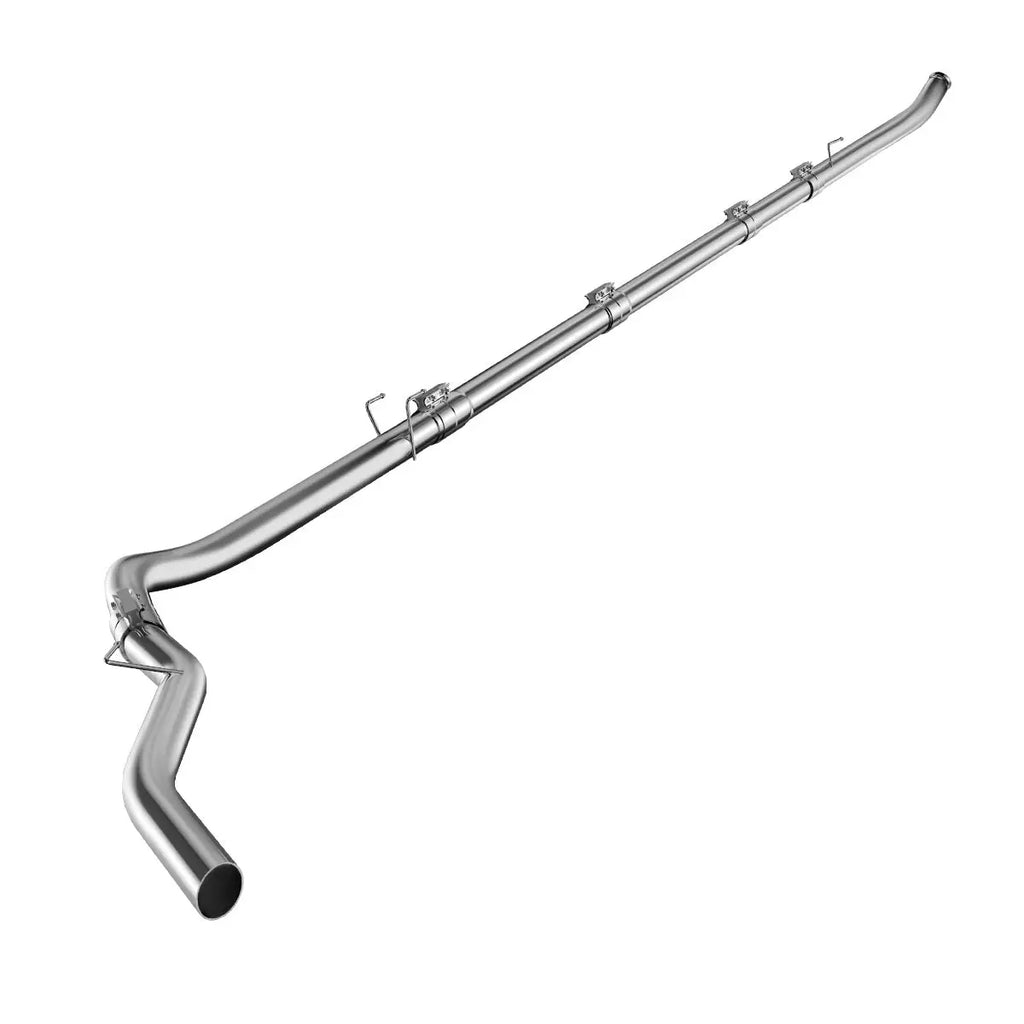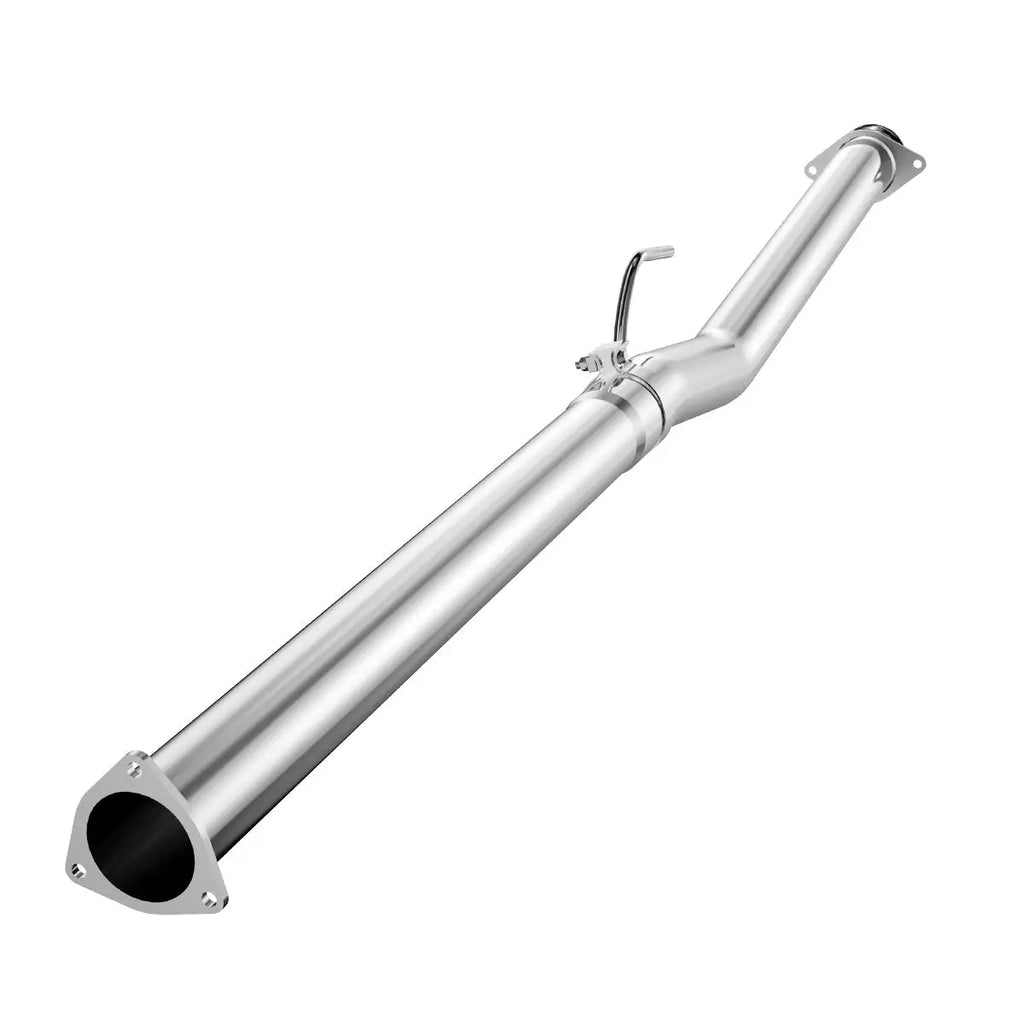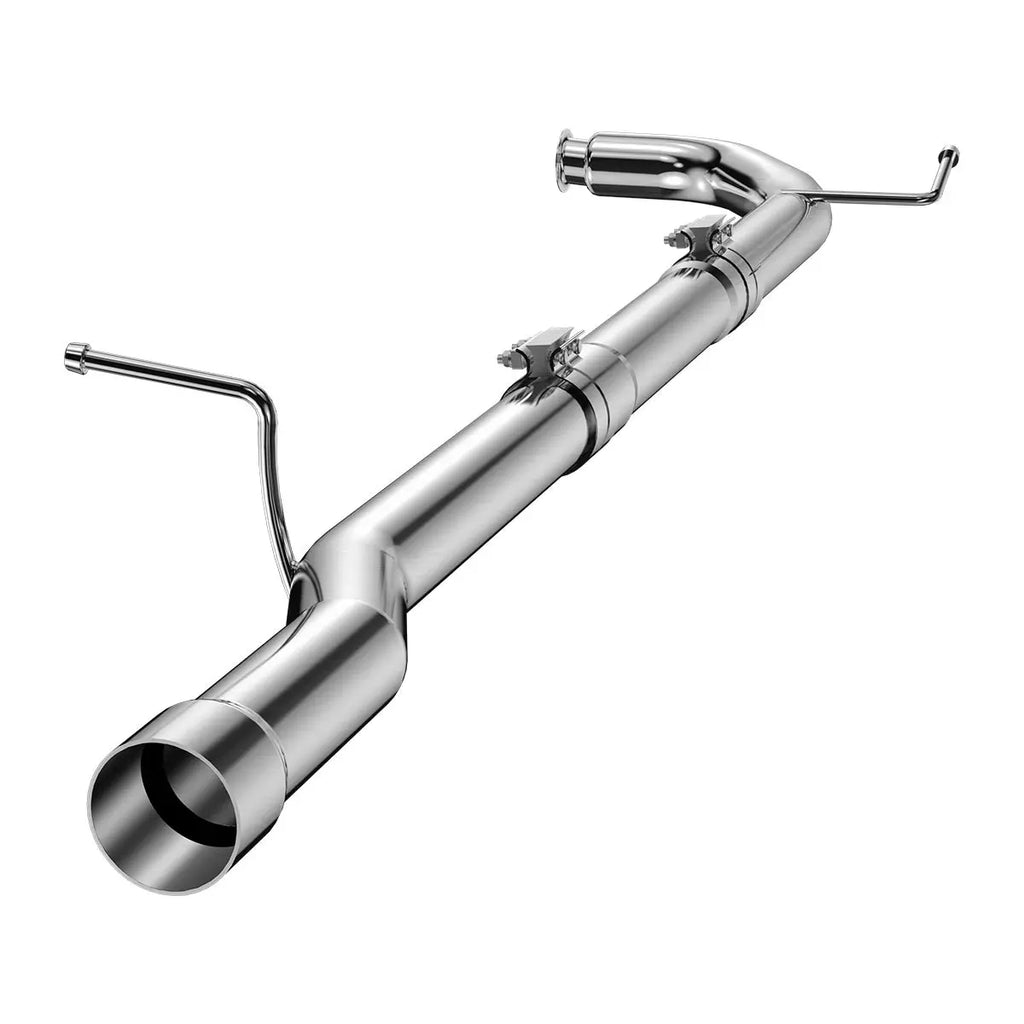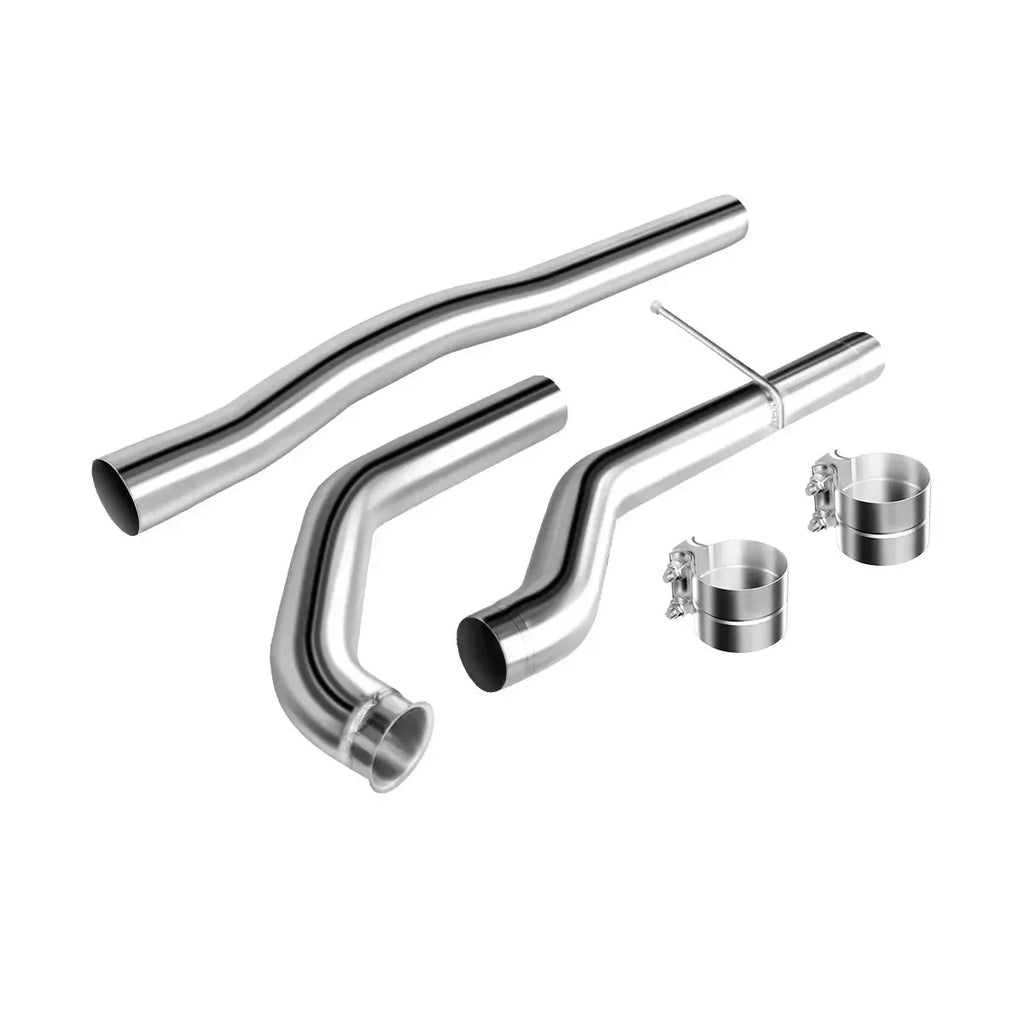Unlock Peak Perfo...
Aug 15, 2025

If you drive a diesel vehicle, you’ve likely heard of a Diesel Particulate Filter (DPF). But what exactly is it, and why is it so crucial for both the health of your vehicle and the environment? This blog will answer these questions, break down the purpose of a DPF, and explore why it’s essential to your vehicle’s performance. We’ll dive into common issues that arise with DPFs, how to maintain them, and what happens when they fail. Keep reading to ensure your vehicle stays in top condition while meeting environmental regulations!
A Diesel Particulate Filter (DPF) is a key component in modern diesel engines designed to reduce harmful emissions. It works by capturing and storing particulate matter (PM), which consists of fine particles such as soot and carbon. These particles are produced during the combustion process in diesel engines and can be harmful to human health and the environment if not properly filtered.
The DPF acts as a filter in the exhaust system, trapping these particles before they can be released into the air. Over time, the trapped particles need to be removed through a process called regeneration, which burns off the soot and turns it into ash that is safely released through the exhaust.
In a diesel engine, the fuel is burned at a higher temperature than in gasoline engines, producing more particulate matter (soot) as a byproduct. The DPF collects this soot and stores it until it is safe to burn off. Here’s a brief rundown of the DPF process:

Capture: The DPF collects the soot particles that would otherwise be released into the air.
Regeneration: Once the filter reaches a certain level of buildup, the vehicle’s computer system activates the regeneration process. This can happen in two ways:
Passive regeneration: Occurs naturally when the exhaust temperature is high enough to burn off the soot during normal driving conditions.
Active regeneration: If the exhaust temperature isn’t high enough, the engine management system injects extra fuel to increase the exhaust temperature, forcing the soot to burn off.
Exhaust Release: After regeneration, the filter is cleared of soot and the vehicle continues running smoothly.
The DPF plays a crucial role in maintaining clean air and ensuring your vehicle complies with environmental regulations. Here are some key reasons why DPFs are important:
Health Benefits: Diesel particulate matter contains toxic substances, including heavy metals, and can contribute to respiratory issues. The DPF helps to reduce the release of these harmful particles, improving air quality and public health.
Environmental Compliance: Diesel vehicles are subject to stringent emissions standards, and DPFs help meet these regulations. Without a functioning DPF, your vehicle may not pass emissions tests.
Fuel Efficiency and Performance: A clogged or malfunctioning DPF can reduce fuel efficiency and engine performance. Regular maintenance and proper care of your DPF can prevent costly repairs and keep your vehicle running smoothly.
Preventing Engine Damage: A blocked or faulty DPF can increase backpressure in the exhaust system, which can affect engine performance, reduce power, and even lead to engine damage over time.

Over time, the DPF can become clogged with soot and ash. When this happens, the regeneration process may no longer be able to keep up with the soot buildup. Here are some common issues that arise when the DPF becomes clogged:
Reduced Engine Power: A blocked DPF increases exhaust backpressure, which can reduce engine efficiency, leading to lower performance and sluggish acceleration.
Increased Fuel Consumption: When the filter is clogged, the engine has to work harder to expel exhaust gases, leading to higher fuel consumption.
Warning Lights: Most modern vehicles are equipped with warning lights that will alert you if the DPF is becoming clogged or if the regeneration process fails.
Complete Blockage: In extreme cases, a completely blocked DPF can prevent the vehicle from starting or cause it to break down, leading to costly repairs.
Regular maintenance is essential for ensuring the longevity of your DPF and the optimal performance of your diesel engine. Here are some tips to maintain a healthy DPF:
Drive at Highway Speeds: Long, steady driving at highway speeds encourages passive regeneration, which helps burn off soot naturally.
Avoid Short Trips: Short trips with frequent stops don’t allow the exhaust to reach high enough temperatures for regeneration, leading to soot buildup.
Use Quality Fuel: Low-quality fuel can increase particulate matter, leading to faster clogging of the DPF.
Perform Regular Regeneration: If your vehicle frequently goes through active regeneration, be sure to follow the manufacturer's recommendations and perform it as needed.
While it is technically possible to delete or remove a Diesel Particulate Filter (DPF) from your vehicle, it is important to note that DPF removal is illegal in many countries due to strict environmental regulations. In regions like the U.S. and Europe, tampering with or removing the DPF can result in fines, penalties, and the inability to pass emissions tests. This makes it crucial to consider the legal implications before making any modifications.
However, for those seeking improved engine performance, fuel efficiency, or to resolve persistent DPF issues, DynoVox offers high-performance DPF Delete kits. These kits are specifically designed for diesel vehicles, providing a reliable solution for owners looking to optimize their vehicle's performance while adhering to legal standards in areas where DPF deletion is permissible.
If you own a Duramax engine, Cummins, or Powerstroke, DynoVox has tailored DPF Delete kits to suit your engine type. These kits are easy to install and designed to maximize power and efficiency while reducing the risk of clogging and costly repairs.
Shop with DynoVox DPF Delete Pipe




Note: Always ensure that your vehicle’s use case aligns with local regulations regarding emissions. DynoVox DPF Delete kits offer both performance gains and an efficient removal process, but they should only be used where legal and appropriate. For a cleaner, high-performing engine, consider DynoVox’s DPF Delete kits today.
A Diesel Particulate Filter (DPF) is an essential component of modern diesel vehicles, designed to reduce harmful emissions and keep the engine running efficiently. By understanding the role of the DPF, its maintenance requirements, and the potential issues that arise when it fails, you can ensure your diesel vehicle remains in top condition and compliant with emissions regulations. Regular care and proper driving habits can extend the life of your DPF, improving fuel efficiency and engine performance while contributing to a cleaner environment.
what does deleting a truck mean?
What is a DPF Delete Pipe and How It Can Boost Your Diesel Performance